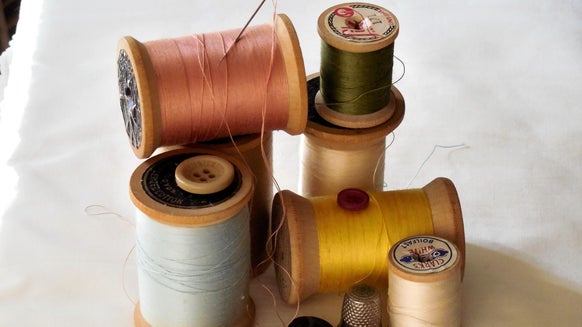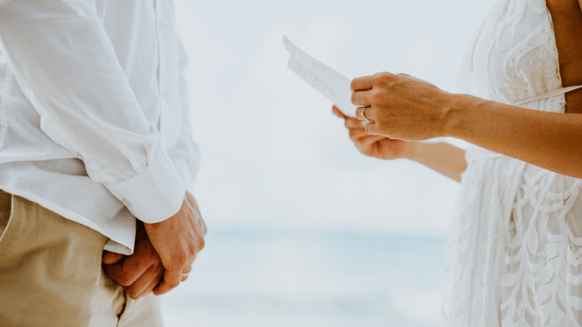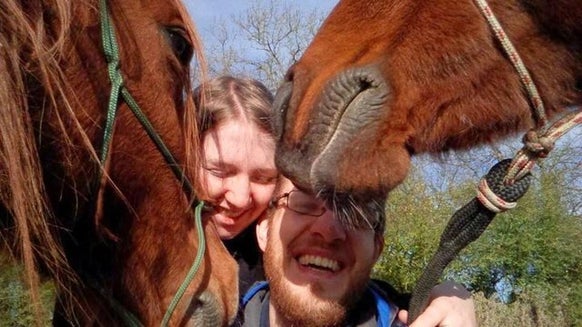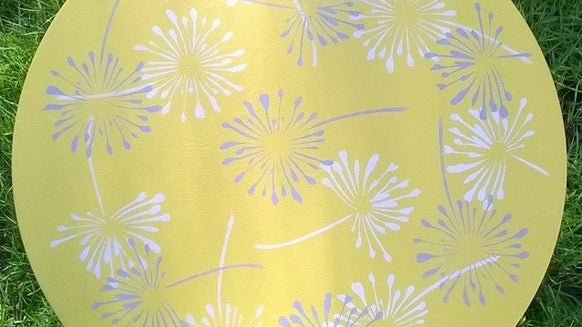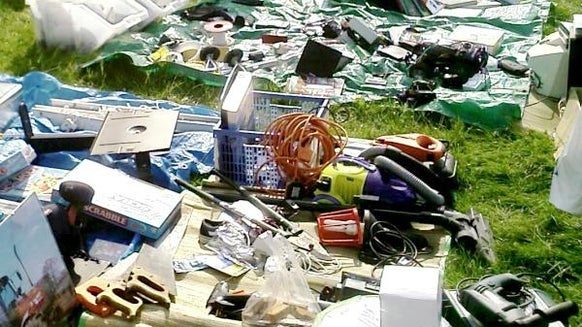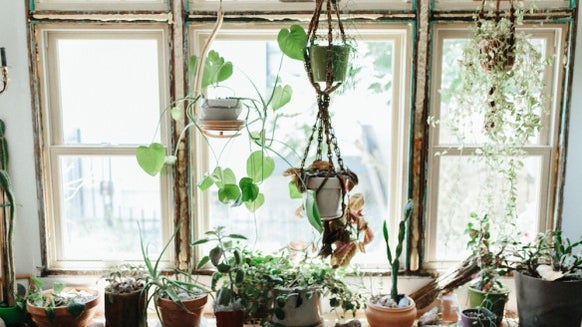ANIMALS
Cockatiel Care
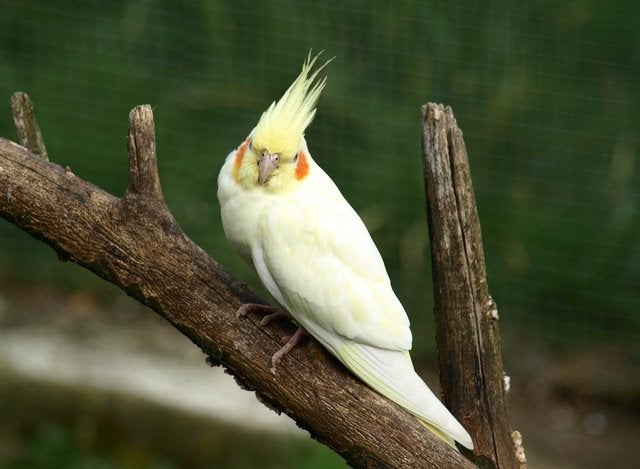
Our friends at The Raystede Centre for Animal Welfare have put together some essential care tips for Cockatiels.
Every animal has the freedom to a suitable place to live

- Your cockatiel must live in a large suitable cage or ideally an aviary that is big enough for it to spread its wings fully without risk of injury-ideally it should be wide enough to have double its wing span and allow for proper exercise to maintain fitness.
- If you don't have use of an aviary, it is important to let your cockatiel out for some supervised flying time in your home, ensuring that it is secure and safe for the bird to fly in. There are many hazards and toxic substances, make sure you know what they are and protect your bird.
- Ensure the cage or aviary is made using the correct gauge wire from a safe metal (stainless steel ideally) and make sure they can find a warm, safe, quiet place to roost away from noise, the elements and prying eyes.
- Cockatiels need access to natural sunlight. In the UK this can be rare, so consider investing in an appropriate UVA/B avian flood sunlamp.
- They must be placed out of any draughts-Cold draughts can be seriously damaging to their health as can sitting in direct sunlight without opportunity to find shade.
- Give them some quality time outside within their safe cage environment when the weather permits. Never leave them unattended due to hazards and predators and keep one part of their cage covered for protection as they may feel vulnerable.
- Ensure there are sufficient, suitable and varied wooden perches in their cages, without restricting movement.
Every animal has the freedom to suitable food and water
- Cockatiel food needs to be fresh, mould free and kept in secure containers to keep the damp and rodents out.
- Their natural diet consists of varied fresh seed, certain fruits; apple is often popular and greens, such as fresh clean dandelions. They love sunflower seeds but these should be used as a treat only. A top quality formulated cockatiel mix and Harrison’s high potency fine (HPF) food, mixed together will provide a good quality diet.
- Fresh, clean water must always be on offer for your cockatiel, especially if they have bathed in it.
- Ensure you know which foods are poisonous for your cockatiel (for example, chocolate, salty food, rhubarb and avocado).
Every animal has the freedom to behave normally

- All birds need to be able to exercise and spread their wings fully without risk of injury.
- Ensure your bird has regular exercise and mental stimulation.
- Cockatiels need to be able to chew, play and shred toys for stimulation and health reasons.
- They must be able to preen themselves and their companions.
- They must have access to a bird bath and ensure this is kept clean and free from debris or bird faeces.
- A distressed cockatiel may pluck its own feathers out as a form of self harm if unable to behave normally.
Every animal has the freedom to be with other animals or alone - whatever suits that species
- Cockatiels live with other cockatiels in the wild.
- In captivity they mostly enjoy the company of other cockatiels and can often enjoy correct human interaction, but not all!
- If you own one cockatiel by itself, ensure it has enough human interaction and mental stimulation possible for optimum health.
Every animal has the freedom to be protected from pain, injury, suffering and disease
- Be extra vigilant in noticing any changes in activity or behaviour of your cockatiel as this could be a sign that it is unwell and needs to see a specialist avian vet.
- Check any variations in the faeces quality.
- Keep an eye on any changes in physical appearances or eating habits.
- Try and find a specialist avian vet for your cockatiel. This is a good investment as they can often discover disease or illness and act quickly before it is too late.
The Raystede Centre for Animal Welfare rescue, rehome and provide sanctuary for more than 2,000 animals each year. You can find more about the organisation and the work they do on their website.

